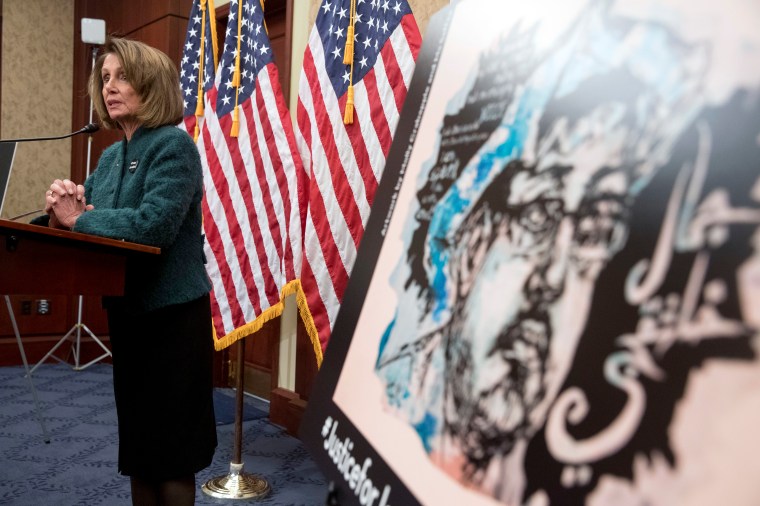The U.S. intelligence community should confirm or deny the existence of documents that may provide information on its awareness of threats to the life of Washington Post columnist Jamal Khashoggi, the Committee to Protect Journalists argued in a brief submitted yesterday to the U.S. Court of Appeals for the District of Columbia.
Khashoggi, a Saudi Arabian dissident and U.S. resident, was murdered shortly after entering the Saudi consulate in Istanbul, Turkey, on October 2, 2018. It has been widely reported that the U.S. government was aware of threats to Khashoggi’s life prior to his murder. The Washington Post reported that information about threats to Khashoggi had “been disseminated throughout the U.S. government and was contained in reports that are routinely available to people working on U.S. policy toward Saudi Arabia or related issues.” The Post also reported that the CIA concluded with high confidence that Khashoggi’s murder was committed by Saudi officials at the behest of Crown Prince Mohammed bin Salman (which he denies), and that the U.S. intelligence community had intercepted a conversation in which Salman threatened Khashoggi’s life.
Under Intelligence Community Directive 191, U.S. intelligence agencies are required to warn individuals when they learn of threats to their life or liberty. In November 2018, CPJ filed requests under the Freedom of Information Act with the Central Intelligence Agency, Federal Bureau of Investigation, Department of State, National Security Agency, and Office of the Director of National Intelligence, all members of the intelligence community, seeking any documents related to awareness of threats to Khashoggi and the duty to warn him.
After those requests were ignored, CPJ joined a lawsuit initiated by the Knight Institute for the First Amendment asking the U.S. District Court for the District of Columbia to order release of the documents.
All defendants except for the Department of State—which said in a press briefing that it did not have prior knowledge of threats to Khashoggi—argued that they could neither confirm nor deny the existence of records because to do so would compromise national security. This is commonly known as a Glomar response, which should only be used in rare circumstances where the government has sufficiently explained why the mere acknowledgement of the existence or non-existence of the requested documents would cause harm. CPJ argued that the defendants had not met their burden of justifying such an extreme stance on documents related to the duty to warn Khashoggi, particularly in light of the public importance of the issue. The district court ruled for the intelligence community defendants.
In yesterday’s brief appealing that decision, CPJ asked the court of appeals to reverse the district court’s decision and order the defendants to confirm or deny the existence of documents. Alternatively, we argued the district court should be instructed to require the defendants to submit more detailed explanations that adequately justify their withholding of documents.
You can read CPJ’s brief, written by Debevoise & Plimpton LLP, here.
You can read more about CPJ’s work to secure justice for the murder of Jamal Khashoggi here.
